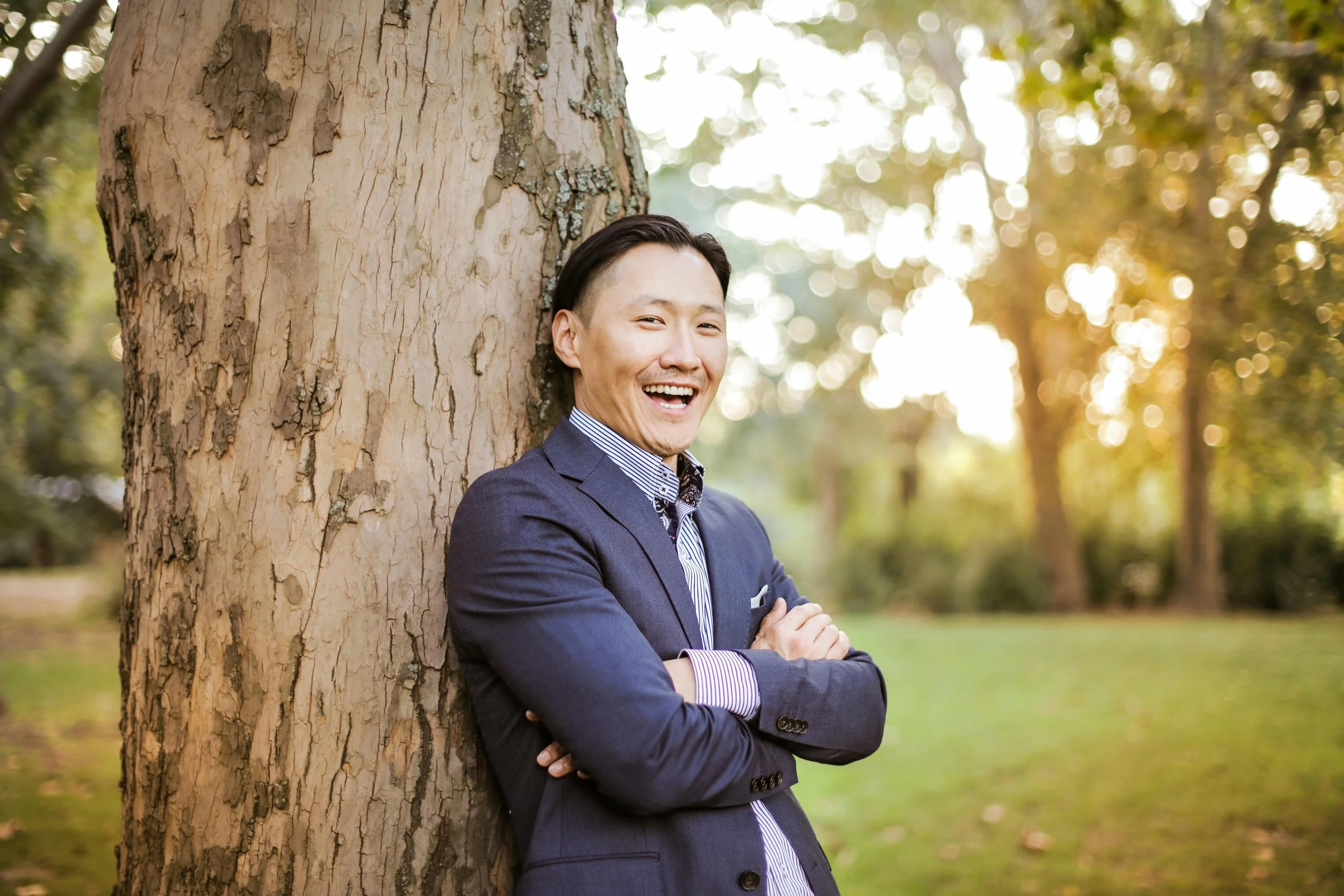Why Do I Always Feel Not Good Enough in Relationships?
Do you ever find yourself questioning your worth in relationships? Maybe you wonder if you’re lovable enough, smart enough, attractive enough, or simply “enough” for your partner. You might overanalyze their words, fear rejection, or feel like you have to prove your value to be loved. If this sounds familiar, know that you’re not alone. Feelings of inadequacy in relationships are deeply rooted in self-worth, past experiences, and the ways we’ve learned to seek love. The good news? These patterns can change. Therapy can help you explore your self-esteem, understand how childhood experiences shape your relationships, and build confidence in who you are.
Exploring Self-Worth and Self-Esteem in Love
Your relationship with yourself sets the tone for the relationships you have with others. When you struggle with self-worth, you might:
💔 Seek constant validation from your partner to feel secure
💔 Fear abandonment or rejection, even when things are going well
💔 Struggle with boundaries, feeling guilty for asserting your needs
💔 Feel unworthy of love, leading you to settle for less than you deserve
Self-worth isn’t about being perfect—it’s about believing that you are inherently valuable, regardless of external validation. Therapy can help you untangle these feelings and develop a more compassionate, accepting relationship with yourself.
How Childhood Experiences Shape Adult Relationships
The way we learned to receive (or not receive) love as children often influences how we relate to love as adults. If you experienced criticism, emotional neglect, or inconsistent affection growing up, you may have internalized beliefs like:
🧩 "I have to earn love by being perfect."
🧩 "If I express my needs, I’ll be a burden."
🧩 "Love is conditional—if I’m not enough, I’ll be left."
These early messages can shape your attachment style and the way you interact with romantic partners. If love felt unpredictable or conditional in childhood, you might find yourself drawn to relationships where you have to “work” for love. Therapy can help you rewrite these old narratives and create healthier, more secure connections.
Steps to Build Confidence and Self-Acceptance
Healing feelings of inadequacy doesn’t happen overnight, but small steps can make a big difference. Here are a few ways to start:
✨ Challenge negative self-talk—Notice when your inner voice says, “I’m not good enough,” and replace it with self-compassionate statements like, “I am worthy just as I am.”
✨ Recognize your patterns—Identify moments when you seek validation or fear rejection, and ask yourself: Am I basing my worth on someone else’s opinion?
✨ Set healthy boundaries—You don’t have to overextend yourself to be loved. Saying no, expressing your needs, and prioritizing your well-being are all acts of self-worth.
✨ Celebrate your strengths—Make a list of qualities you appreciate about yourself, beyond your relationships. What makes you you?
✨ Work on self-trust—The more you honor your own emotions, needs, and decisions, the more secure you’ll feel in relationships.
As you strengthen your self-worth, relationships stop feeling like a test of your value and start becoming spaces of mutual love and respect.
Ready to Build Healthier, More Confident Relationships?
If feelings of self-doubt and insecurity are holding you back from the love you deserve, therapy can help. Relationship counseling can provide the support and tools to help you heal past wounds, build confidence, and develop deeper self-acceptance. If you’re ready to change the way you experience love, reach out today—I’d love to support you on your journey toward healthier relationships and a stronger sense of self.


